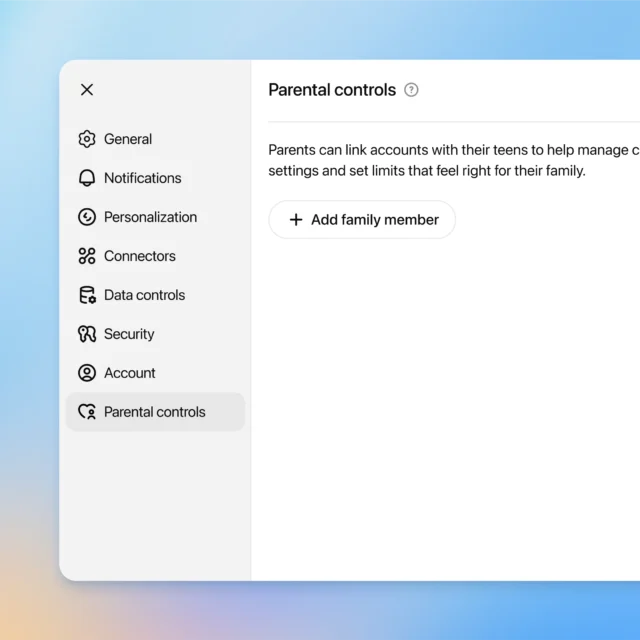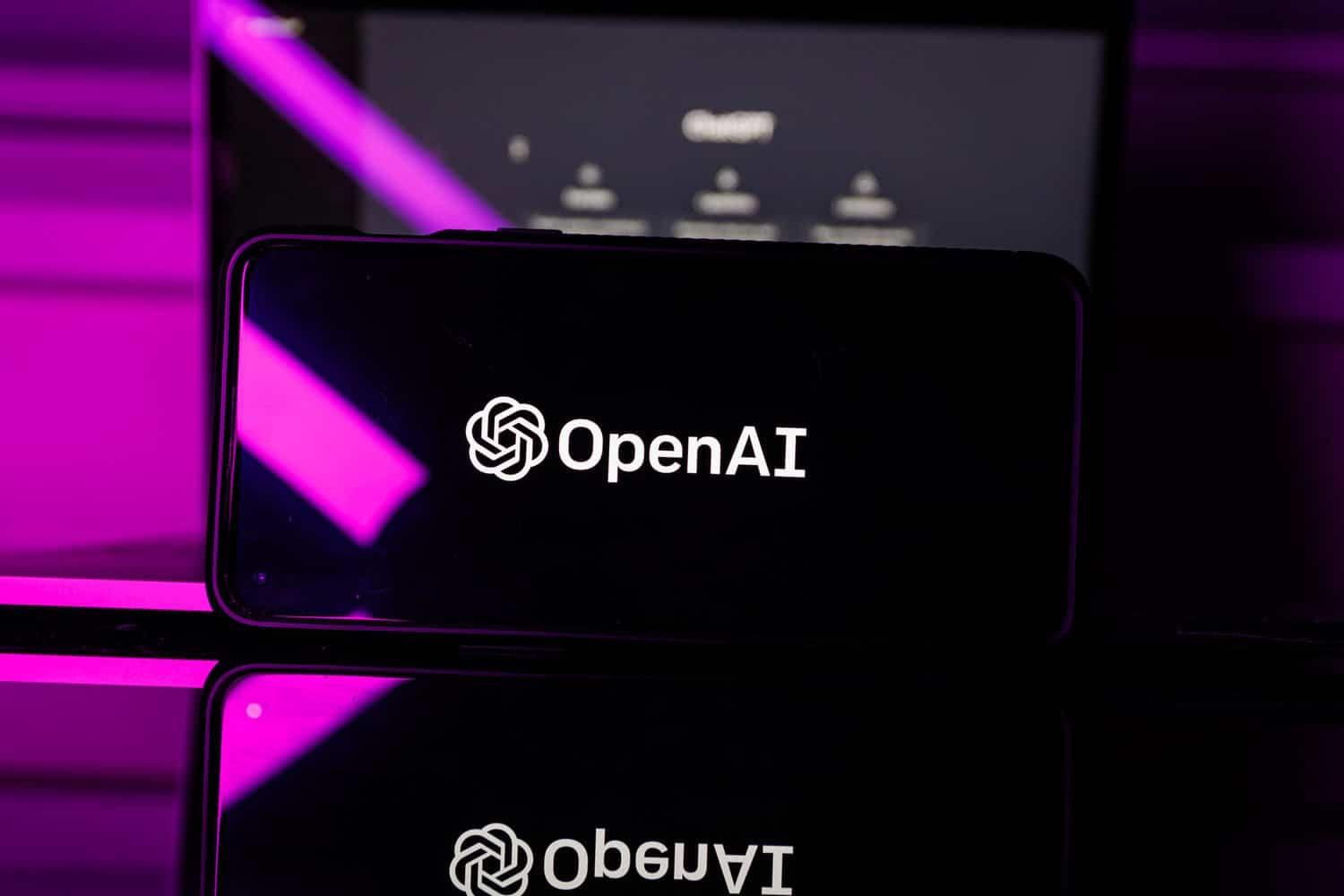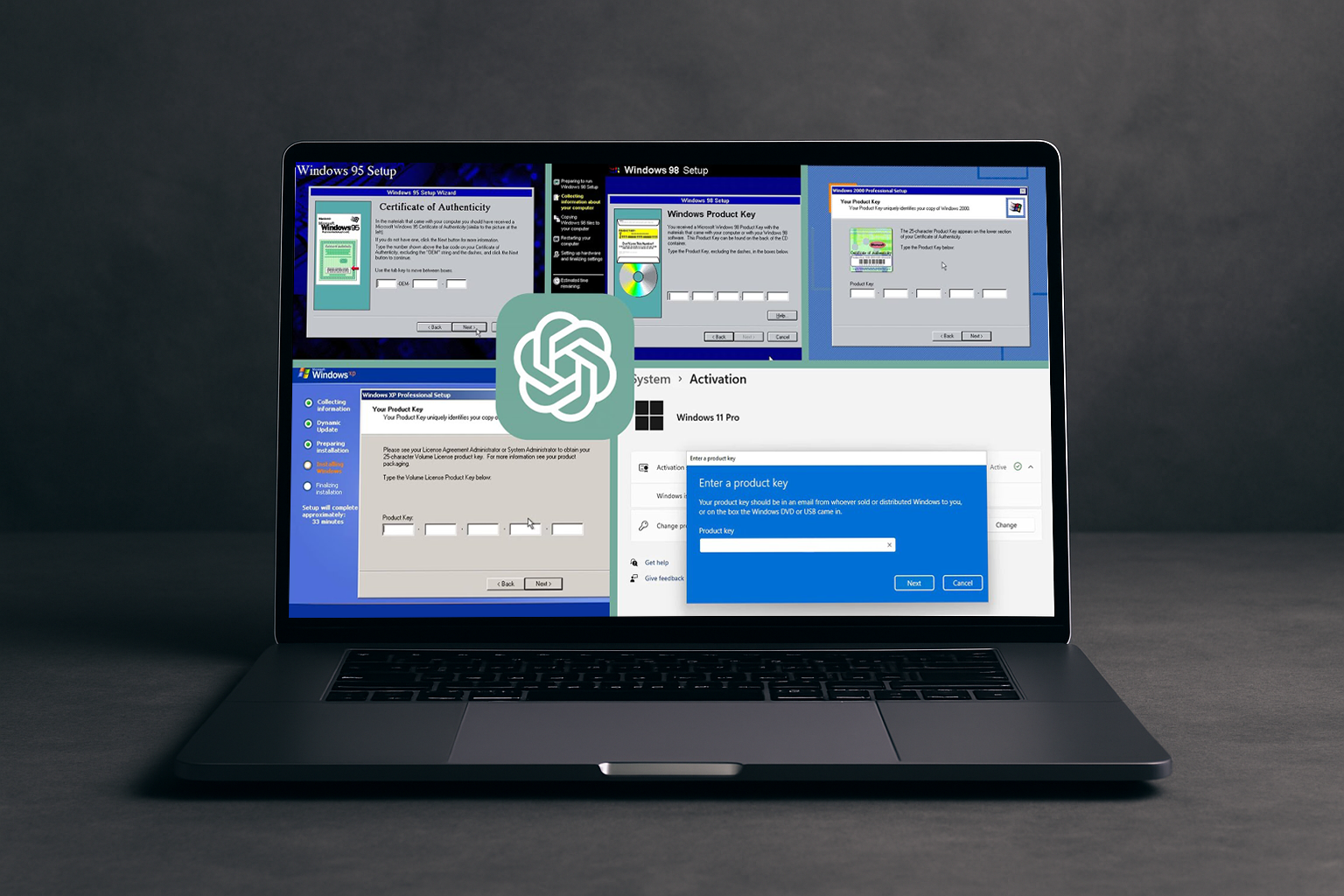
OpenAI introduces parental controls for ChatGPT
OpenAI is rolling out new parental controls for ChatGPT, as well as a new parent resource page, and expanded safeguards for teens. The features, arriving today, let parents link accounts with their children and manage how the service is used at home.
The move is part of OpenAI's wider push to support families and to ensure the system works in a safe, age-appropriate way. Parents and guardians will be able to adjust settings, restrict features, and receive notifications if concerns about their teen’s well-being arise.

Do Americans dream of AI?
Artificial intelligence is making its way into more and more areas of our lives and it seems that includes our dreams.
New research from Amerisleep.com, shows that one in five Americans have dreamed about AI and 16 percent are doing so several times a month. While these dreams may reflect curiosity, some reveal anxieties about the role of technology.

xAI is suing Apple and OpenAI for anticompetitive behavior
Elon Musk ‘s xAI startup is suing both OpenAI and Apple for alleged anticompetitive behavior relating to artificial intelligence.
Musk is focusing on these two firms because of the partnership and collaborative arrangements that exist between them. OpenAI has an agreement with Apple to integrate its ChatGPT tool into iOS and macOS. This is something that troubles xAI.

Sam Altman wants to give everyone in the UK free access to ChatGPT Plus
The head and co-founder of OpenAI, Sam Altman, entered into discussions aimed at striking a deal to bring ChatGPT Plus to everyone in the UK at no cost to end users.
In a meeting between the UK’s technology secretary Peter Kyle and Altman, there was talk of granting UK residents access to a more advanced tier of ChatGPT as standard. The deal – while not definitely dead in the water – appears to have stalled, but the idea is an extremely interesting one.

Chatbots account for over 58 percent of all AI tool traffic
Over the year from August 2024 to July 2025 the top 10 AI chatbots collectively pulled in 55.88 billion visits, accounting for 58.8 percent of all AI tool traffic.
Within this group, ChatGPT is the undisputed leader, drawing 46.6 billion visits (up 106 percent year-on-year) and holding 48.36 percent of the entire AI tools market share.

ChatGPT now integrates with Gmail, Google Calendar and Contacts
OpenAI has confirmed the rollout of Gmail, Google Calendar, and Google Contacts Connectors in ChatGPT.
Available to Pro and Plus tiers, the connectors come hot on the heels of the recently added Box, Canva, Dropbox, HubSpot, Notion, Microsoft SharePoint, and Microsoft Teams integrations. By granting ChatGPT access to Gmail emails, Calendar entries and Contacts data, the AI should be able to provide more personalized and relevant information.

Consumers are putting more trust in AI searches
A new survey of over 2,000 consumers across the US, UK, France and Germany looks at how people are adopting, and trusting, AI tools to discover, evaluate, and choose brands.
The study from Yext finds that 62 percent of consumers now trust AI to guide their brand decisions, putting it on par with traditional search methods used during key decision moments. However, 57 percent still prefer traditional search engines when researching personal, medical or financial topics.

OpenAI launches Codex as powerful new ChatGPT feature while Grok flounders
There’s a weird divide in the AI world these days. While Grok keeps making headlines for all the wrong reasons, OpenAI is pushing ahead with features that actually seem useful for developers. The newest one is called Codex, and it’s built right into ChatGPT for anyone with a Pro, Team, or Enterprise account. Sorry, Plus users.
Codex doesn’t just suggest code, it operates almost like a teammate that can jump into your repository, set up its own isolated workspace, and get to work on whatever you ask. Whether you need a bug fixed, a question answered, or a feature built, Codex can handle it. When it’s done, you get a real code commit and a detailed log showing every step the AI took. How cool is that?

Someone tried to activate every version of Microsoft Windows using ChatGPT -- Here's what happened
You’ve possibly seen people online try to use ChatGPT to generate valid product keys for paid software, including different versions of Microsoft Windows.
YouTuber Gameboy Hub set out to test how successful ChatGPT is at generating, or sourcing, product keys to activate various versions of Microsoft Windows -- starting from Windows 95 and working up to Windows 7 (from where, in theory, it could be possible to upgrade to Windows 10 and Windows 11).

Popular LLMs produce insecure code by default
A new study from Backslash Security looks at seven current versions of OpenAI's GPT, Anthropic's Claude and Google's Gemini to test the influence varying prompting techniques have on their ability to produce secure code.
Three tiers of prompting techniques, ranging from 'naive' to 'comprehensive,' were used to generate code for everyday use cases. Code output was measured by its resilience against 10 Common Weakness Enumeration (CWE) use cases. The results show that although secure code output success rises with prompt sophistication all LLMs generally produced insecure code by default.

OpenAI releases GPT 4.1 models and Elon Musk should be terrified for Grok
OpenAI has just thrown a serious wrench into the AI landscape with the release of three new models: GPT-4.1, GPT-4.1 mini, and GPT-4.1 nano. They’re dramatic improvements over GPT-4o, raising the bar for what AI can actually do. If Elon Musk wasn’t already nervous about Grok falling behind, he probably should be now. In comparison, Grok is starting to look a bit… dusty.
At the top of the stack is GPT-4.1, which now dominates in critical areas like coding, long-context comprehension, and instruction following. This model scores 54.6 percent on SWE-bench Verified, a benchmark designed to measure real-world software development ability. That puts it well above GPT-4o and even higher than GPT-4.5, which it’s now set to replace. Developers relying on these models to generate accurate patches or edit large codebases are going to find GPT-4.1 a lot more practical.

Google unveils Gemini 2.5 in a desperate bid to catch up with ChatGPT
Today, Google introduces Gemini 2.5. Initially, it will only be available as the experimental Gemini 2.5 Pro. And yes, as you can predict, the search giant is calling its newest AI model the most advanced version yet.
While the company promises huge improvements in reasoning and coding, the move feels more like Google playing catchup to OpenAI’s ChatGPT. Let’s be honest, folks -- ChatGPT has dominated public attention and enterprise adoption for months.

Apple launches new iPad Air with M3 chip, AI features, and updated Magic Keyboard
Despite owning a fancy iPhone 16 Pro Max, I also have an iPad Air. Why? Well, even though my iPhone has a pretty big screen, sometimes I just want even bigger. Plus, I can use it when my iPhone is charging.
Why didn’t I go with an iPad Pro? Quite simply, Apple’s Pro tablets are too expensive for what I mostly use them for -- media consumption. Hell, I don’t need an expensive iPad Pro for watching TikTok on the toilet.

OpenAI launches GPT-4.5 AI model and Elon Musk should be very worried
OpenAI has just announced GPT-4.5! While the company says the model is its most advanced AI yet, there’s definitely more to this release than meets the eye. Version 4.5 is a clear warning for anyone betting against OpenAI, including Elon Musk.
GPT-4.5 is being labeled a “research preview,” meaning OpenAI is still testing its strengths and weaknesses. With that said, it is apparently smarter, more natural in conversations, and better at avoiding mistakes than previous models. That could signal big trouble for xAI’s Grok, which Musk has been pushing as an alternative to OpenAI’s models.

AI code assistants speed up development but add to risks
New research from Apiiro shows that while AI code assistants are accelerating development times they're also increasing risks.
AI code assistants have seen rapid adoption since the launch of ChatGPT in November 2022. Microsoft reports that more than 150 million developers now use GitHub Copilot, up 50 percent over the past two years.
